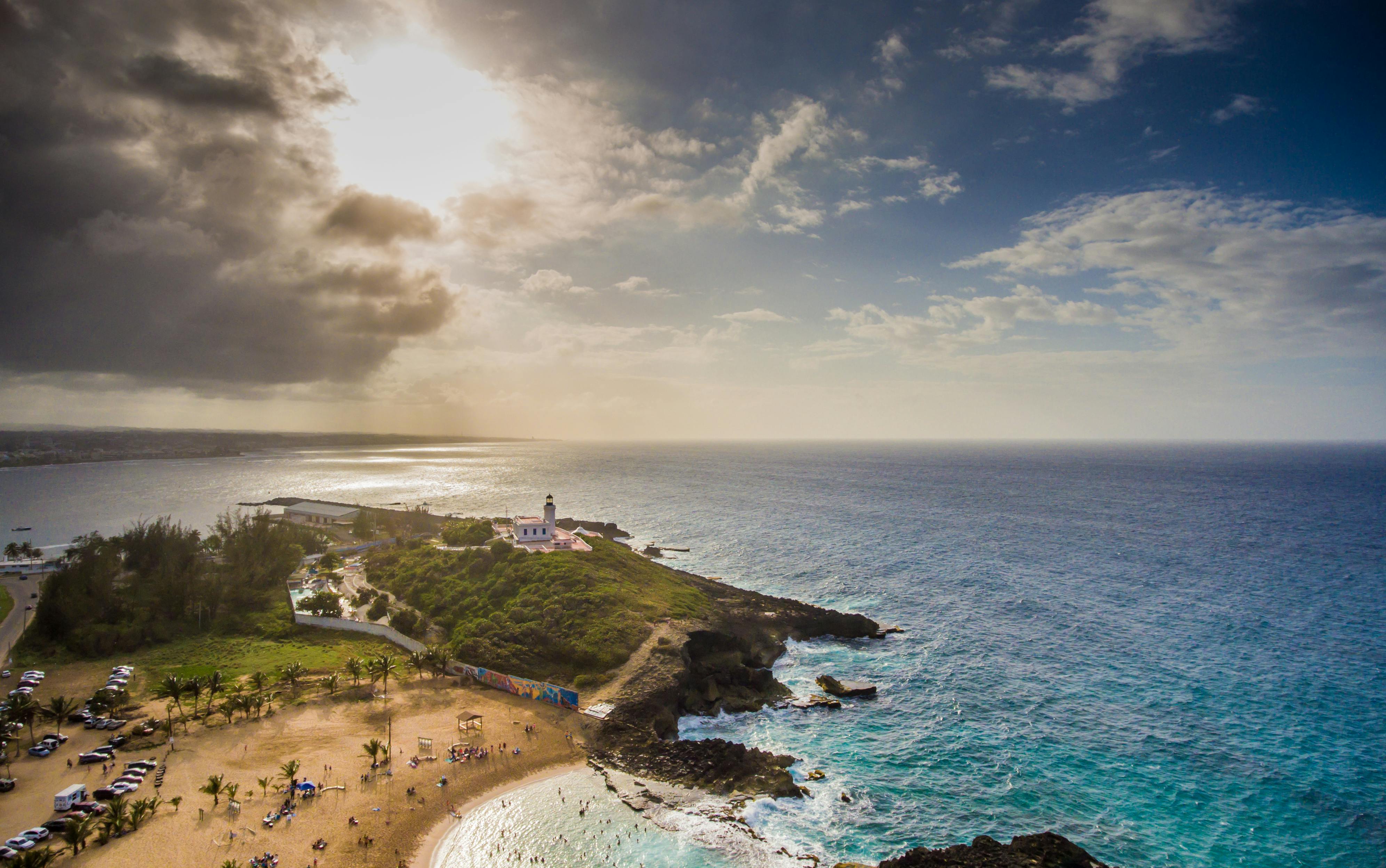
Ghana Cities: Theme
Tema is the port of the capital city, Accra, newly built in the 1960s by Ghana’s first president, Kwame Nkrumah. Until the opening of the port of Tema, all of Ghana’s international trade passed through the remote port of Takoradi, 240 kilometers away in the western region. Nkrumah wanted to exert tighter control over the import and export of Ghana’s most valuable commodity, cocoa, so creating a new port at Tema became a priority for his administration. Becoming the center of a large amount of business and economic activity, Tema quickly grew to become the fourth largest city in Ghana after Accra, Kumasi and Tamale.
To ensure speedy communications between the capital and the new port, Kwame Nkrumah built Ghana’s only highway, a thirty-kilometre run along the coast to the east. Long before you leave the highway, Tema’s greatest landmark appears, four massive concrete silos built to store Ghana’s annual cocoa production. The idea behind the silos was the manipulation of the world price of cocoa; hold in store when the price was low and release stock when the price was high. However, the silos were never used and are said to be filled with rainwater. They stand out like the pyramids of Giza as a monument to a long-deceased pharaoh.
Tema was said to have been planned by the man who designed Pakistan’s capital, Islamabad. If this is true, one must feel sorry for the citizens of Pakistan. Tema is made up of about a dozen communities, each with a number, and consists of rows of low-cost houses designed for rent by Nkrumah-era dock workers. Community One, the center of town, provided space for small branches of major banks, a post office, a cathedral, two gas stations, and a general market. Most other communities are primarily residential but core markets and many small commercial businesses have sprung up in and between the houses over the years.
The city is governed by the Theme Development Committee (TDC), which enjoys powers far greater than most local governments. The small houses of the workers in Tema began to be bought by wealthy citizens who rented them out at higher rents or enlarged and improved them for their own use. This led to the TDC establishing a One Man One House Committee to try to enforce the original concept of affordable housing for low-paid workers. In the 1980s, the effort was only marginally successful, with rents remaining well above what most workers could afford. Many of the improved houses were occupied by successful businessmen and merchants, and these elegant residences with walled gardens and cobbled walls stood amid decaying and unpainted relics that still bore the aging residue of Nkrumah’s pioneers.
By the late 1980s, Tema’s population had grown to around one hundred thousand. Across the highway, a shanty town had grown up around the town of Ashiaman, where new low-paid workers built their homes. Added together, the population of the two settlements was possibly equal to the one hundred and forty thousand claimed by Ghana’s third city, Tamale. Aside from the highway, the streets of Tema were choked with traffic as taxis and trotros competed for passage with the huge articulated trucks that served the port. The markets and commercial areas were abuzz with bustling pedestrians, and Tema was generally seen to be probably the most vibrant economic center in the country.
Located south of Greenwich, East London, England, Tema was originally graced by a large luxury hotel called the Meridian. Plagued by technical problems and few customers, Meridian fell into disrepair and was partially revived in the 1990s as an office block. Tema’s natural setting tended to reflect the generally dilapidated appearance of the hotel and town, as it lies in a small area of curiously low rainfall and much of the terrain is barren scrub.
Those who have lived in the new city of Nkrumah love it and hate it. There is little to admire about her appearance or surroundings and she failed to control the cocoa market or provide a new life for rank and file workers. It is a difficult place to move; traffic is congested and slow, and its expansive layout requires walking long distances. However, much of Nkrumah’s dream came true. The port has succeeded in providing Ghana with a second modern port that maintains a high level of activity and Tema has become a major commercial center that should substantially increase the national gross domestic product. Finally, its multilingual population, drawn from all parts of Ghana, is as friendly and welcoming as its home communities.